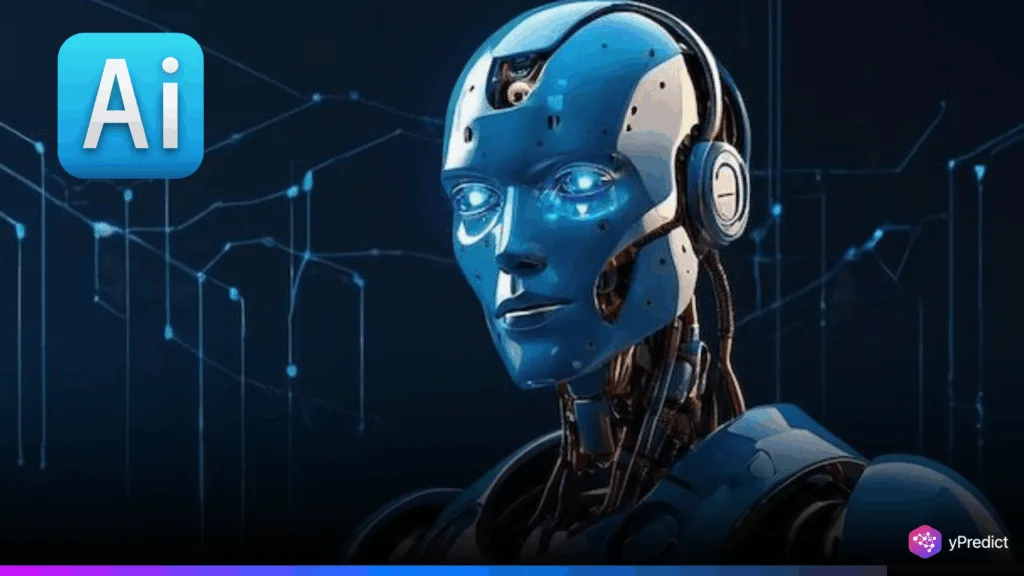
In India’s fast-changing digital economy, HR leaders are redefining the future of work through a powerful blend of AI-driven talent. A new hiring approach is emerging in Mumbai’s financial districts and Bengaluru’s tech corridors. According to a LinkedIn survey, 84% of HR managers are committed to helping employees advance their knowledge of AI technologies. They are also prioritizing soft skills like leadership and communication. This dual approach is crucial for developing a workforce that can collaborate with intelligent machines.
How HR Leaders Are Closing the Talent Gap?
Many employers are facing a difficult challenge as AI adoption spreads throughout Indian industries. They have trouble finding applicants for positions who solve both technical and human-centered requirements. Recruiters report that less than half of applicants meet changing role demands. This occurs at a time when AI is ranked as a top priority by 98% of business leaders.
Python proficiency and familiarity with large language models are still uncommon. However, interpersonal characteristics are where the larger disparity is found. HR directors today are looking for experts who can think creatively, analyze data, and communicate effectively in AI-enhanced settings.
Additionally, businesses like Infosys and TCS are setting the standard by educating teams on AI platforms and leadership techniques. It will help to produce workers who are prepared for the future.
Is AI-Driven Talent the New Workplace Standard?
The development of AI-driven talent is transforming the way that skills are applied and taught. The use of AI dashboards, virtual teams, and automation tools in hybrid workspaces is necessary. In order to adapt to this new reality, traditional training techniques are changing.
These days, companies like HCLTech and TCS provide integrated courses that combine technical tools with skills in communication and creativity. The AI and soft skills programs offered by LinkedIn Learning have more than 460,000 employees enrolled at TCS. Additionally, over 60% of them completed AI-related modules. This suggests a growing demand for comprehensive education.
LinkedIn reports that 51% of businesses utilizing generative AI saw an increase in revenue of more than 10%. These findings highlight why developing AI-driven talent is a business necessity.
The Rise of AI-Driven Talent in Recruitment
The hiring process itself is changing as new demands shape the talent landscape. Companies are moving away from degrees and job titles and toward a skills-first strategy.
AI tools such as LinkedIn Recruiter 2025 are speeding up this process by searching for critical skills. By doing this, HR directors are able to focus on human factors like mentoring and employee engagement. With the increasing use of AI, the focus is moving from credentials to capabilities.
Online learning activity increased by 37% annually, indicating a strong drive for expansion. However, industry experts point out that online courses are insufficient on their own. Therefore, mentoring, practical projects, and internal mobility are essential for developing AI-driven talent in real-world settings.
Will AI Shape the Human Workforce?
The future will belong to those who can think like humans while working like machines. Understanding this, HR directors in India are giving AI-driven talent top priority to create teams that are intelligent and flexible. Furthermore, soft skills are now necessary in a workplace where communication, empathy, and technological competence must all coexist.
As AI adoption continues to develop, the companies that succeed will be those that are adept at both technology and people. Therefore, the only practical solution is AI-driven talent development.






